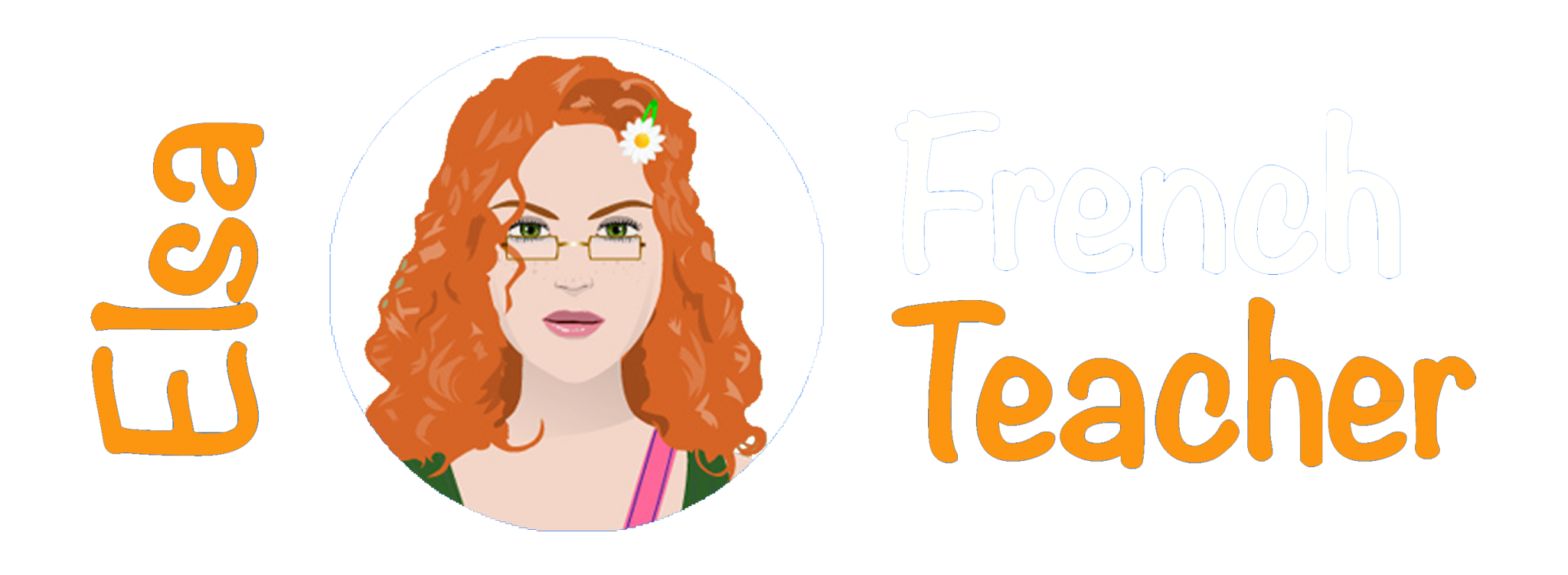How to learn French as an adult?
Is a child better at learning French than an adult ?
I am asking this question because this is something I can hear frequently around me. And I think the answer is … no!
Let me explain why.
When we start to learn a new language, we all have different motivations. And motivation is a great part of the success, no matter what. A child has a strong motivation: to communicate with people around him, that’s a strength that make him learn quickly. But when he learns at school because he is forced to, does he really succeed better than adults?

So, anyone with a strong motivation is going to learn better than others.
In addition to the motivation parameter there is another criterion that is fundamental for adults to learn: organization.
A child that learns a language »naturally » won’t really need to be organized, he doesn’t even need to be conscious that he is learning. The young child listens and repeats what he can hear around him, and step by step becomes independent.
For us, things are a bit more complicated. Yes, it’s possible to find some methods that promise you can learn ‘without thinking’. Stephen Krashen (great American linguist) believes that learners should acquire second languages in the same way children learn their first. I do agree they should, but can they? From my experience, even if you are living in a French speaking country, you are not going to learn as naturally as a child. Why that, because our adult brain is different from a child’s brain. And our emotion management too. For example, we are much more afraid of making mistakes than a child.
Be sure of it, I am not saying that you are going to learn less well or slower than a little kid! I am just saying that you’ll learn differently. Indeed, this is especially true in terms of phonetical adaptation: it has been proven that a child until 10 years old has a great flexibility concerning the recognition and reproduction of sounds in a large bandwidth.
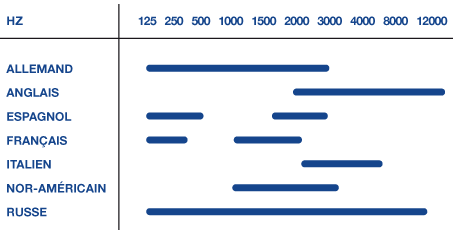
Figure 1 bandwidth of languages. From http://www.frequences-langues.fr
This ability of hearing and reproducing sounds narrows with age. Consequently, you’ll have to accept the fact that your pronunciation is rarely going to be the same as a native. However, I’ve had some students that managed to pronounce perfectly, but it’s rare. From my point of view, speaking like a native is not soooo important, unless you have a god reason for that. The aim is that people you speak to are comfortable and understand everything you say without any effort, which is already a very good goal, isn’t it?
Personally, I have a French accent when I speak English, but people seem to be ok with it. They actually kind of like it, calling it a ‘’lovely French accent’’. Even though I aim to perfect it, I have put my energy into building a good base in grammar and vocab. These last two elements are, for me, going to be the foundation of your French palace ? I stopped practicing my accent when I say that people could understand me. And I suppose I’ll take some ‘’accent reduction lessons’’ when I feel everything else is solid … In fact, maybe that’s time now ?
How we learn a language
So, ‘’back to our sheep*’’, as we say in French. To learn, you need motivation and organization. So, as an adult, to compensate for the fact that you are not a child any more, you’ll have to develop some learning strategies. If you do so, you’ll get great results. And to start with, you must be aware of some fundamentals that lead to success. Indeed, you have to face the fact that, as soon as the process of learning starts:
- You’ll have to observe
- You’ll have to understand
- You’ll have to memorize
- You’ll have to practice
- You’ll have to produce
Not more, not less. And this, right from the beginning!
Even if those protocols seem obvious, I would advise you to take few minutes to analyze the five actions above and ask yourself frankly if you are or feel like doing all this. In case you don’t, you might start with a disadvantage.
1. Concretely, some students think they can wait until they make progress before speaking (often the case when you are perfectionist). This is not good, let me tell you. You have to speak from the FIRST day you begin, at least try, as often as you can, without being ashamed of yourself (as children do, that’s the reason why they succeed).
2. Others think they don’t need to understand the rules (especially grammar). As I said, this is possible, but very very rare with French learning. At one point, you’ll be confronted with some rules to make your speaking and writing nice and neat. In my opinion, the sooner the better. If you wait until B1 (intermediate) level to get interested in grammar, this going to be more difficult, since you’ll have to undo some bad habits you used to have.
You’ll agree, I am sure, that building quickly and dismantle to repair the mistakes is less fruitful than building neatly from start, with a good foundation.
On the other hand, I’ll concede that some methods over stress on grammar, making it the only pillar of the construction, even teaching some rules that are not useful. We must sort it out and not ‘’be force fed like a goose’’**.
3. Also, some of you are not ready to put energy into memorization. I can understand, I don’t like memorizing lists of vocabulary either, and few people do. In that case, you’ll have to ask yourself what’s the best way for you to memorize and remember things. Are you more auditory, visual, kinesthetic? Do what seems comfortable for you, but DO something to memorize expressions or words, every day (like you do sport to build muscles).
There are many on-line tests that can help you understand better how you comprehend the world. I have done one and the results were:
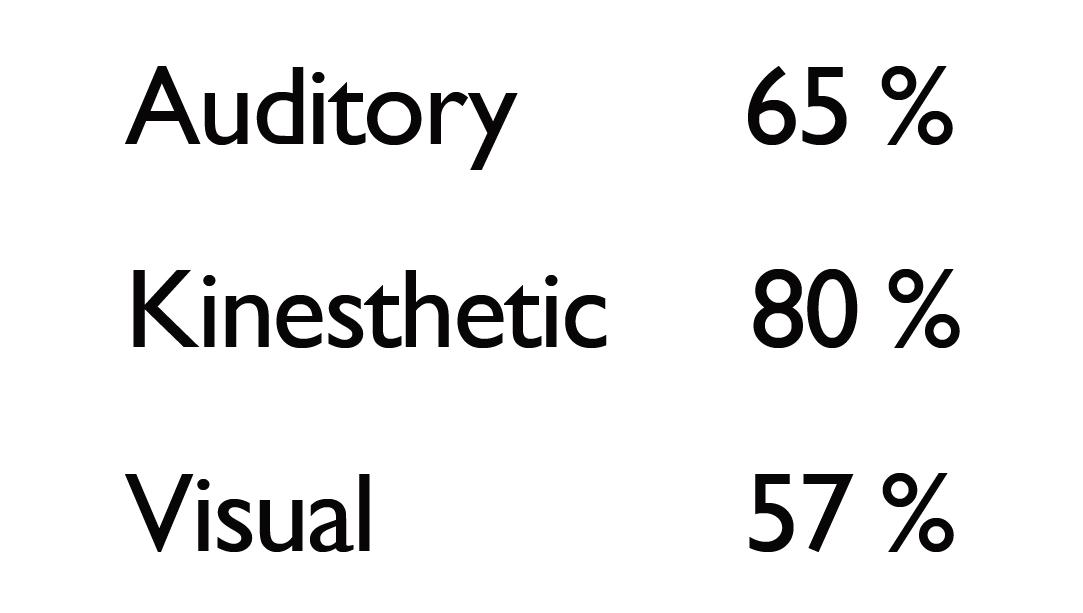
I am not sure if that results are the best since I have chosen a website randomly (but as far as I know, this is not far from truth, explaining why I hate lists of vocabulary ?). I advise you to try some websites and leave some comments below to tell us about it and about the website you preferred.
I’ll write an article on that subject. Telling you more about what we can do after getting these results.
What can slow us down
Ok, I talked about the two strengths of your learning routine: motivation and organization. Now, I have to address the topic of the two weaknesses you must be conscious of: procrastination and frustration.
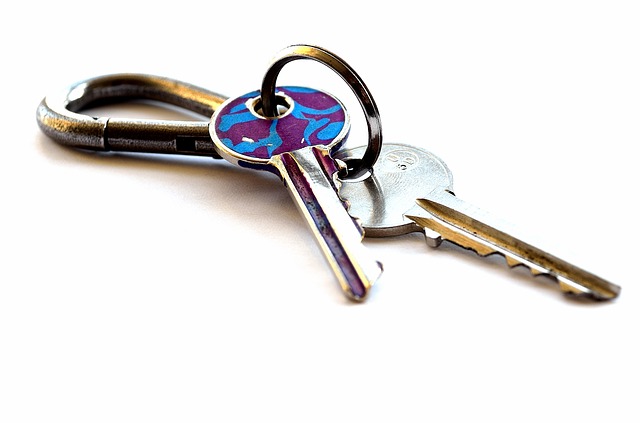
Procrastination is, as anyone knows, the fact of postponing to the next day something you should do now. So, to get great results quicker, as in sport, you’d better practice a little bit every day than a lot once in a while. Easy to say, not easy to do. That’s why I’ll go back to organization: you need to find a way to practice regularly and stick to it.
So, even before starting to learn, you have to decide on a strategy that corresponds to you, and commit to it! The criteria? It has to be comfortable for you, suits in your timetable, not too time consuming, and agreeable. If it’s heavy to hold, you won’t last the distance, and in that case, I am sorry to say, you won’t make it. That’s why, before all, strategies are THE keys. Realism is the key chain. Without those, you won’t open the doors.
Ending with the matter of frustration, I must say that’s the hardest to deal with, since it’s linked to a deep human emotional manifestation. ‘’Frustration is an emotion that occurs in situations where a person is blocked from reaching a desired outcome’’. It leads either to anger or disappointment. Dealing with frustration means dealing with yourself at a deepest level. Don’t take it lightly or you’ll be fooling yourself at some point. I believe there are two ways, to deal with it: accept it, avoid it.

In my experience, we need both to avoid AND accept it. I’ll explain myself: when you learn a language, frustration comes really quickly: you want to say something and you cannot. This is going to happen, no matter what, and each time that happens you should just observe that phenomenon peacefully. If you can observe this emotion without putting a negative judgement on yourself, it’ll become less and less powerful, will pass and you’ll progress. If you flog yourself each time you feel frustration, you’ll give up quickly. And even though you persist (because you are a courageous person with a high tolerance to suffering) you’ll end up associating French with negative emotions, and that’s not what we want.
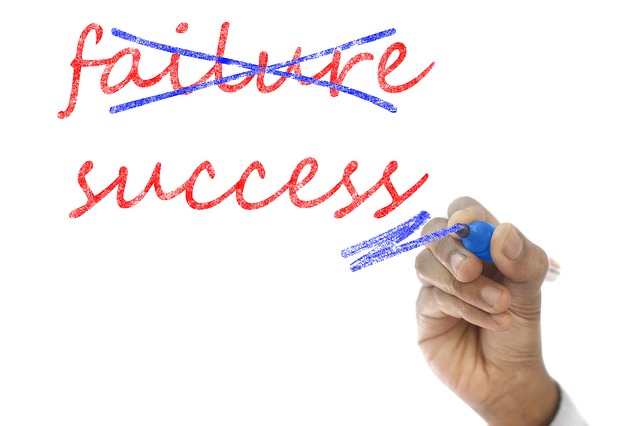
So, first step: accept frustration, be extra tolerant of yourself, accept mistakes and accept showing your mistakes in public because what you consider as a ‘’mistake’’ is actually PROGRESS.
Secondly, avoid frustration. ‘’What! You just said to accept it!’’. Yes, I know, and this is not contradictory. Frustration comes with the lack of ability to express yourself, right? When you start learning you feel like driving a car at 5km/h. Could we accelerate a bit? I would like to answer: Yes.
You need to quickly learn some techniques to express what you want.
For example:
- learn to rephrase (instead of looking for THE word, this specific word that’s not coming)
- learn useful vocabulary that you can actually use in real life (you’ll have time to learn how to be poetic later)
- learn how to pronounce specific French sounds: /un/, /an/, /on/ for example ? (Not to feel like ‘’that’s what I just said’’. No, it’s not!)
- learn some real useful grammar.
How we build good foundation
What is useful grammar? This is a huge subject, but I can say, from my personal experience of teaching, that some verbs are really more useful than any other: you know the verbs ETRE (to be) and AVOIR (to have), but there are also modal verbs such as POUVOIR, VOULOIR et DEVOIR (can, want, must). Why these verbs? Because they can modify all the other actions (verbs) and they express some fundamentals of human experimentation of the world: every day, every moment you cannot avoid the fact that: you are, you have, you want, you must and you can. And this is what you are going to want to express to the world. So why not jump into this first? You’ll feel better after that.

To learn more about the subject of language acquisition you can read :
this article by Joel Swagman http://papersiwrote.blogspot.ch/2013/05/japanese-perception-of-english-r-and-l.html
and this article on Wikipedia https://en.wikipedia.org/wiki/Second-language_acquisition
* French expression ‘’revenons à nos moutons’’ which means ‘’let’s get back on track’’.
** Allusion to foie gras.
